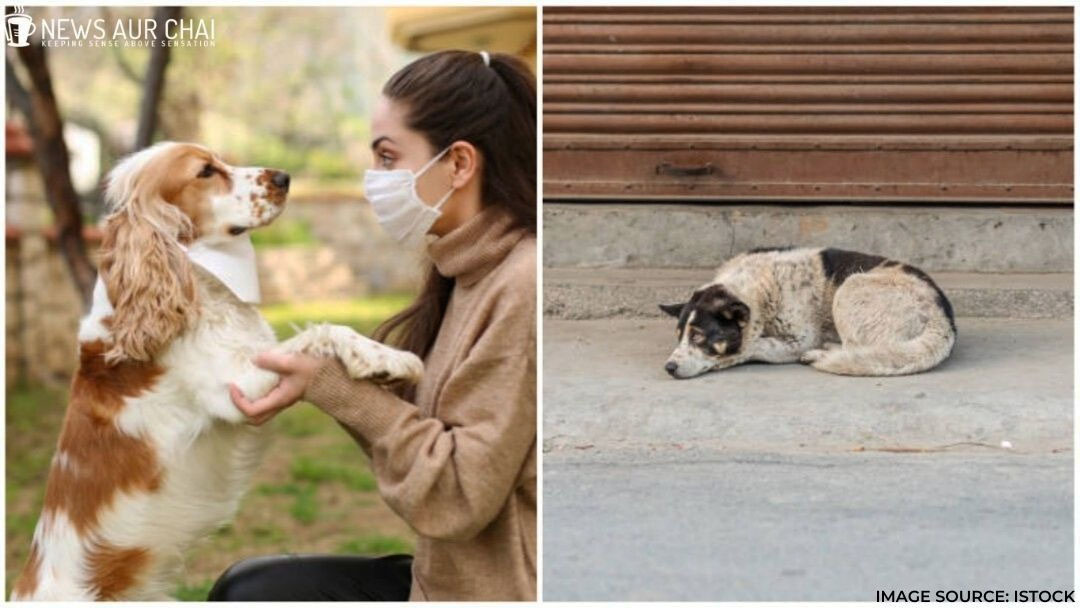
The Coronavirus lockdown has turned out to be a blessing for the animal kingdom, and various instances are being reported about animals roaming around freely while their human counterparts remain at home. However, for many animals, the lockdown comes as a threat. Here’s a list of pros and cons of the global lockdown on the animal world.
Pros:
Animals are taking back the human space while the world is under lockdown. They are now roaming around and living their life to the fullest without much fear. Here are certain instances:
Favorable Conditions For Migratory Birds
Incessant rain and spells of hailstorm resulted in a pleasant March weather, prolonging the migratory birds’ stay in the northern wetlands of India. The factors arising out of negligible human interference–no traffic overflow, limited pollution, tourists–due to lockdown, served an ideal environment to host the birds for over two weeks more than their usual departure time.
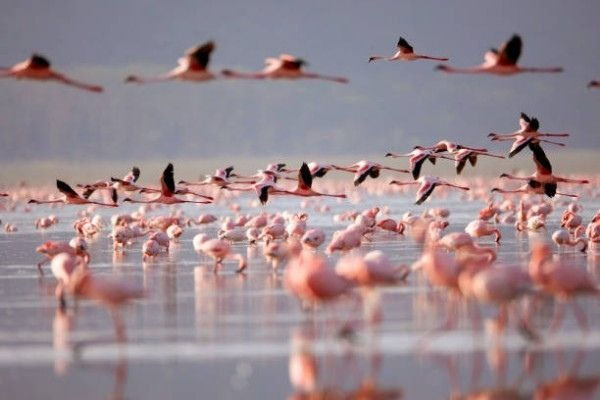
Some reports can still be spotted in the northern wildlife sanctuaries. More than 100,000 flamingos were spotted in wetlands in the suburbs of Mumbai, painting the waters with a flash of pink as the construction works are put on hold in the areas. It is estimated that the migration of flamingos increased by 25 per cent than last year.
Noise Pollution-Free Atmosphere
Apart from the reduction in the conventional air and water pollutions, global lockdown has brought the levels of anthropogenic noise emission significantly. Birds are seemingly the most benefited due to this.
Birds send signals to each other for communication, mating, and defense from predators by singing. They had to adapt to the pre-lockdown noisy world by singing louder. They are relieved from that burden now, leading to rising bird-sightings in the surroundings.

According to studies, noise carries adverse effects on creatures ranging from frogs, shrimps, mussels, to fish, snakes, and mammals. The noise generated from oil and gas activities in ocean basins, the din of aircraft, and the noise from terrestrial sources like traffic, industries, households, make it difficult for the animal to thrive.
Less shipping has apparently made the whales calmer by lowering their stress hormones.
Global Wildlife Trade Takes Limelight
The source of Coronavirus has allegedly been identified to be a market selling wild animals for human consumption in Wuhan, China bringing the global wildlife trade in the headlines.
With the virus outbreak, China introduced a ban on all farming and consumption of live wildlife, which is expected to become a law in the country.

UN Convention on Biological Diversity, Wildlife Conservation Society of USA, China Biodiversity Conservation and Green Development Foundation, and other countries are urging governments to ban “wet markets” selling live, dead animals for consumption, prevent poaching of wildlife, also put an end to illegal trafficking.
The devastation of Coronavirus and resulting large-scale lockdown have indeed triggered action against global wildlife trade.
Cons:
Though lockdown has given the animals some liberty, it comes with some threat as well for them. Below are some instance where animals badly affected due to lockdown:
Frequent Animal Attacks
As the lack of human activity emboldens animals, they are venturing into human territories, increasing the frequency of animal attacks.
As per sources, over 13 people have died due to animal attacks in Madhya Pradesh and Chhattisgarh. A Himalayan Black Bear searching for food attacked an engineer in Gangtok, Sikkim; leopards have been sighted in Dehra Dun, Mussoorie, Jammu and Kashmir, Mumbai colony, and have killed two persons; tigers and elephants have killed four persons each in various parts of India.
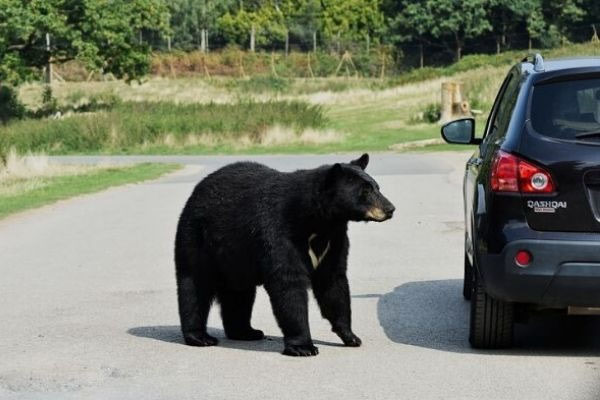
Due to lockdown, animals are having a false sense of expanded territory and entering human residencies, increasing the chances of an encounter.
Zoo Animals Lacking Human Attention
As zoos across the world are closed due to lockdown, zookeepers express their concerns that the most intelligent and social animals like Otters, meerkats, and gorillas are getting bothered as they are deprived of the human touch.
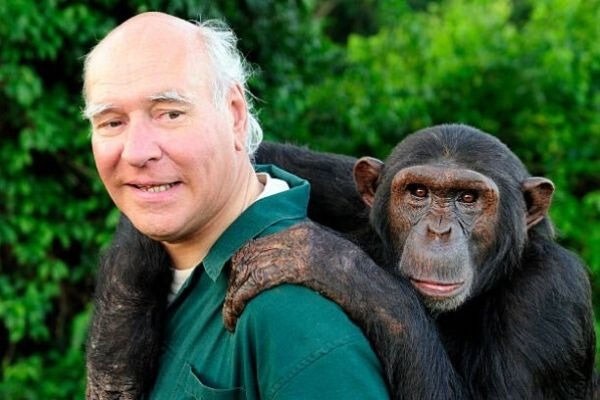
Nathan Hawke from New Zealand’s Orana Wildlife Park said that many rare and endangered animals continued to show up for their regular public interaction sessions, though they had no audience.
Amidst the lockdown, news about a tiger at the Bronx Zoo testing positive for Coronavirus emerged. The tiger, along with six other big cats, began showing symptoms like dry cough, reportedly contracted from an asymptomatic zookeeper.
Major Threat For Vulnerable Species
Species that depend on human conservation efforts are highly at risk as people who protect their habitats are under lockdown. With the tourism industry shutting down, there is mass unemployment in the ecotourism and conservation sectors, as in the case of Africa, which is heavily dependent on tourism.
According to the Africa regional managing director of the Nature Conservancy, “Anything with a horn right now, like rhinos, is at risk of being poached.” He fears that they could lose the last ten years’ good conservation work and even the fact that the people who are sacked from jobs could turn to poaching to support their families as they have limited alternative scope for earning. Moreover, island habitats are also reliant on human conservation.
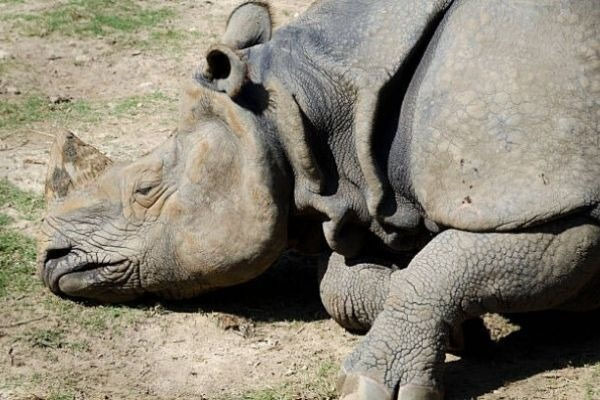
Without human invigilation, the population of invasive species, like rats, can explode and wreak havoc on the native species that aren’t adapted to deal with mammals, like ground-nesting seabirds. Stalled scientific research could also harm the animal world.
Therefore, though the healing nature is at its vibrant best during Coronavirus lockdown, the situation also has a severe downside.






One Comment